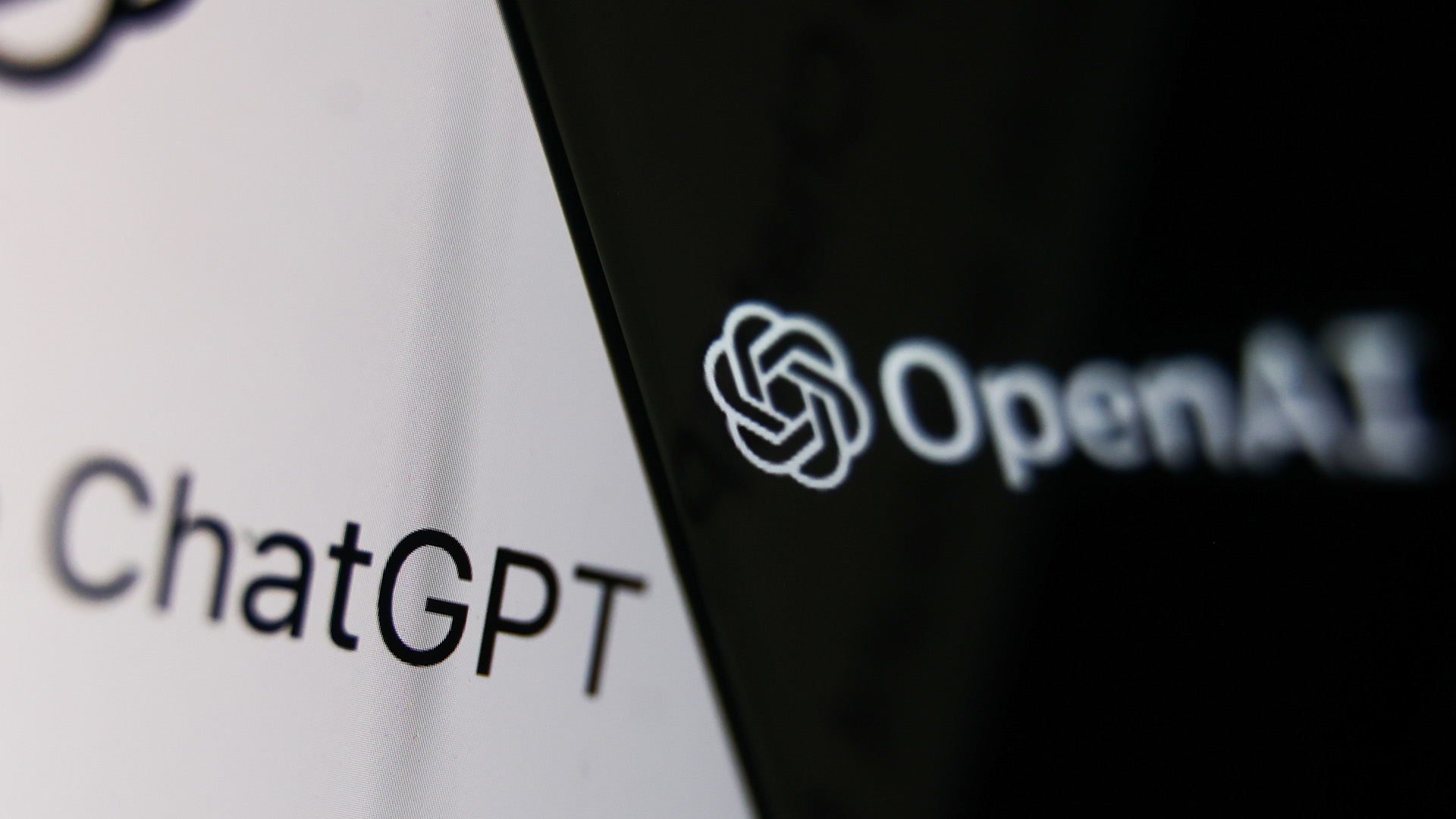
OpenAI is working with a United Arab Emirates investment firm to strike a deal that will give the artificial intelligence research group all the money it needs to develop and manufacture its own AI acceleration processors. With Nvidia currently dominating the market and its H100 chips in short supply worldwide, OpenAI is clearly looking to join Amazon and Google in gaining full control of its own AI capabilities and future.
This comes from a report by Financial Times (above Tom's Hardware), although unsurprisingly, there aren't many concrete details such as the amount of investment being discussed or the time frame for chip development.
Back in February, it was announced that OpenAI CEO Sam Altman wanted to expand global production of AI chips, which he did They are chasing trillions of dollars in funding from the United Arab Emirates to make that possible. His estimates apparently put the number at between $5 trillion and $7 trillion, which is pretty high.
When asked by UAE AI Minister How many GPUs could you buy for $7 trillion?Jen-Hsun Huang reportedly responded with “Apparently all GPUs.”
Even if OpenAI were to outsource the design and testing of an AI processor to a third party, it would still need to find a manufacturer capable of producing chips of the required quality and quantity. This could all take years and in the meantime OpenAI would still be dependent on AMD, Intel and Nvidia for relevant chips.
But I can't imagine that MGX, the UAE investment firm in question, is unaware of this, as the company's chairman is Sheikh Tahnoon bin Zayed al-Nahyan, who is also chairman of another AI development firm and serves as a national security adviser operates United Arab Emirates. The country is particularly keen to be a leader in the world of AI investments and has a dedicated funding system for such ventures.
All major tech companies are currently focusing on AI, at least when it comes to marketing, but virtually every new processor released so far has had an AI core. From the tiny NPU (Neural Processing Unit) in AMD's Ryzen 8000 series and Intel Core Ultra chips to giant tensor crunchers from AMD, Cerberus, Intel and Nvidia – everywhere you look there is some kind of AI accelerator .
Given OpenAI's status in the field, I can see the deal going through, but whether it will result in significant success in a reasonable time frame I'm far less certain. Amazon and Google have shown that it is possible to develop a unique, dedicated AI accelerator without requiring decades of chip experience, but both began this path many years ago.
OpenAI and MGX could burn large sums of money but end up with little to show for it. This represents a potential risk for all investments, but if it fails, OpenAI will simply be back to square one: joining the long queue for Nvidia's largest GPUs.


